What to Expect During the Personal Injury Claim Process
Highlights:
- Understand the key stages of a personal injury claim
- Learn how to gather and preserve evidence effectively
- Discover the role of insurance companies and legal representation
- Explore common timelines and what to expect in negotiations or trial
- Gain insight into settlement offers and how to respond
When you’re involved in an accident that results in injury, navigating the legal aftermath can feel overwhelming. Working with an experienced law firm for personal injury can help simplify the process and protect your rights. This guide breaks down what to expect during the personal injury claim process, from initial steps to potential settlement or trial.
Initial Case Evaluation and Hiring a Lawyer
The first step after a personal injury is to consult with a qualified attorney who specializes in injury law. This initial evaluation helps determine if you have a valid claim and the best path forward. During this meeting, the lawyer will review the facts of your case, gather preliminary evidence, and discuss your rights. According to the American Bar Association, early legal consultation can improve case outcomes significantly.
Investigation and Evidence Gathering
A thorough investigation is critical to build a strong case. This includes collecting medical records, accident reports, witness statements, and any physical evidence. An experienced law firm for personal injury will also consult experts, such as accident reconstruction specialists, if needed to support your claim. According to the Legal Information Institute at Cornell Law School, proper evidence collection plays a vital role in proving liability and damages in personal injury cases.
The Importance of Medical Treatment Documentation
Documenting your medical treatment and symptoms consistently is crucial to prove the extent of your injuries and their impact. Detailed medical records from your doctors and therapists can establish the link between your injuries and the accident, strengthening your claim. According to the
CDC's National Institute for Occupational Safety and Health (NIOSH), early medical treatment following a work-related injury is critical to improving recovery outcomes and can also support related legal and insurance claims.
How long do I have to file a personal injury claim?
This varies by state but is typically two to three years. In Iowa, the statute of limitations is two years from the injury date.
Do I need to pay upfront to hire a personal injury lawyer?
Most experienced law firms for personal injury work on a contingency fee basis, meaning they get paid only if you win.
What documents should I bring to my first consultation?
Medical records, police reports, photos of the accident scene, witness contacts, and insurance information.
Filing the Claim and Negotiations
After the investigation, your lawyer will file a formal claim or complaint with the insurance company or court. Most personal injury cases settle out of court through negotiations. Insurance adjusters often attempt to minimize payouts. An experienced law firm for personal injury will negotiate assertively to maximize compensation.
The Role of Expert Witnesses in Strengthening Your Case
Expert witnesses, such as medical professionals or accident reconstruction specialists, provide testimony that supports your injury claim by explaining technical details in court or negotiations. For complex injuries, an expert witness can explain the long-term impact on your life and help establish liability more clearly.
Settlement or Trial
If a fair settlement cannot be reached during negotiations, your case will move forward to trial, where the final decision rests in the hands of a judge or jury. This stage is often more formal and requires a detailed presentation of all evidence and arguments supporting your claim. Unlike settlement discussions, the trial provides an opportunity for both sides to present their full case, and the outcome will be determined based on the strength of the evidence and legal arguments presented in court.
An experienced personal injury law firm plays a critical role in preparing for trial by building a comprehensive and persuasive case presentation. This preparation includes gathering and organizing witness testimony that clearly supports your version of events and obtaining expert reports to explain technical details, such as medical conditions or accident reconstruction. Skilled attorneys understand how to effectively communicate these complex elements to the judge or jury, increasing the chances of a favorable verdict. Their expertise ensures that every aspect of your case is thoroughly prepared and presented with confidence.
Did you know?
The average personal injury settlement takes about 9 months to 1 year from claim filing to resolution, though some cases may take longer depending on complexity.
Preparing for Trial: What to Expect
Preparing for trial involves much more than just showing up in court. It requires thorough gathering of all relevant evidence, including documents, medical records, photographs, and expert reports. Your legal team will also spend significant time briefing witnesses to ensure their testimony is clear, accurate, and supports your case. Strategizing how to present your case effectively involves anticipating the opposing side’s arguments and developing strong responses. This careful preparation is essential to build a convincing case that clearly demonstrates your position to the judge or jury.
The trial phase itself can be overwhelming and stressful for many clients due to its formal nature and the high stakes involved. Having a dedicated legal team like Schnurr Law Firm, P.C., based in Fort Dodge, Iowa, provides peace of mind because you have knowledgeable advocates who understand the complexities of the legal system. Their experience helps navigate courtroom procedures, protect your rights, and present your case with confidence. With their support, you can focus on your recovery while they fight to achieve the best possible outcome on your behalf.
Resolution and Recovery
Once the claim concludes, you will receive your compensation, which is intended to cover your damages and losses related to the injury or incident. This compensation can include medical expenses, lost wages, pain and suffering, and other costs depending on the specifics of your case. It’s important to understand that receiving the settlement or award is just one part of the process, especially if your needs continue after the claim’s resolution.
Your attorney can play a crucial role beyond just securing compensation. They can help manage the funds to make sure your ongoing medical care, rehabilitation, and other essential needs are adequately covered. This might involve setting up structured settlements or trust accounts to ensure you have financial support over time, rather than receiving a lump sum all at once. Their guidance helps protect your financial future while you focus on recovery.
What is the insurance company denies my claim?
Your lawyer can file a lawsuit and represent you in court to seek fair compensation.
Can I accept a settle offer on my own?
It’s best to consult your lawyer before accepting any offer to ensure it’s fair and covers all damages.
What damages can I recover in a personal injury claim?
Compensation may include medical bills, lost wages, pain and suffering, and sometimes punitive damages.
Final Thoughts
Navigating the personal injury claim process can be complicated and emotionally taxing, but you don’t have to face it alone. From your initial consultation through settlement or trial, an
experienced law firm for personal injury can protect your rights and fight for the compensation you deserve. The team at Schnurr Law Firm, P.C. in Fort Dodge, IA, understands the local laws and the nuances of personal injury claims. Contact them today to discuss your case and take the first step toward justice and recovery.


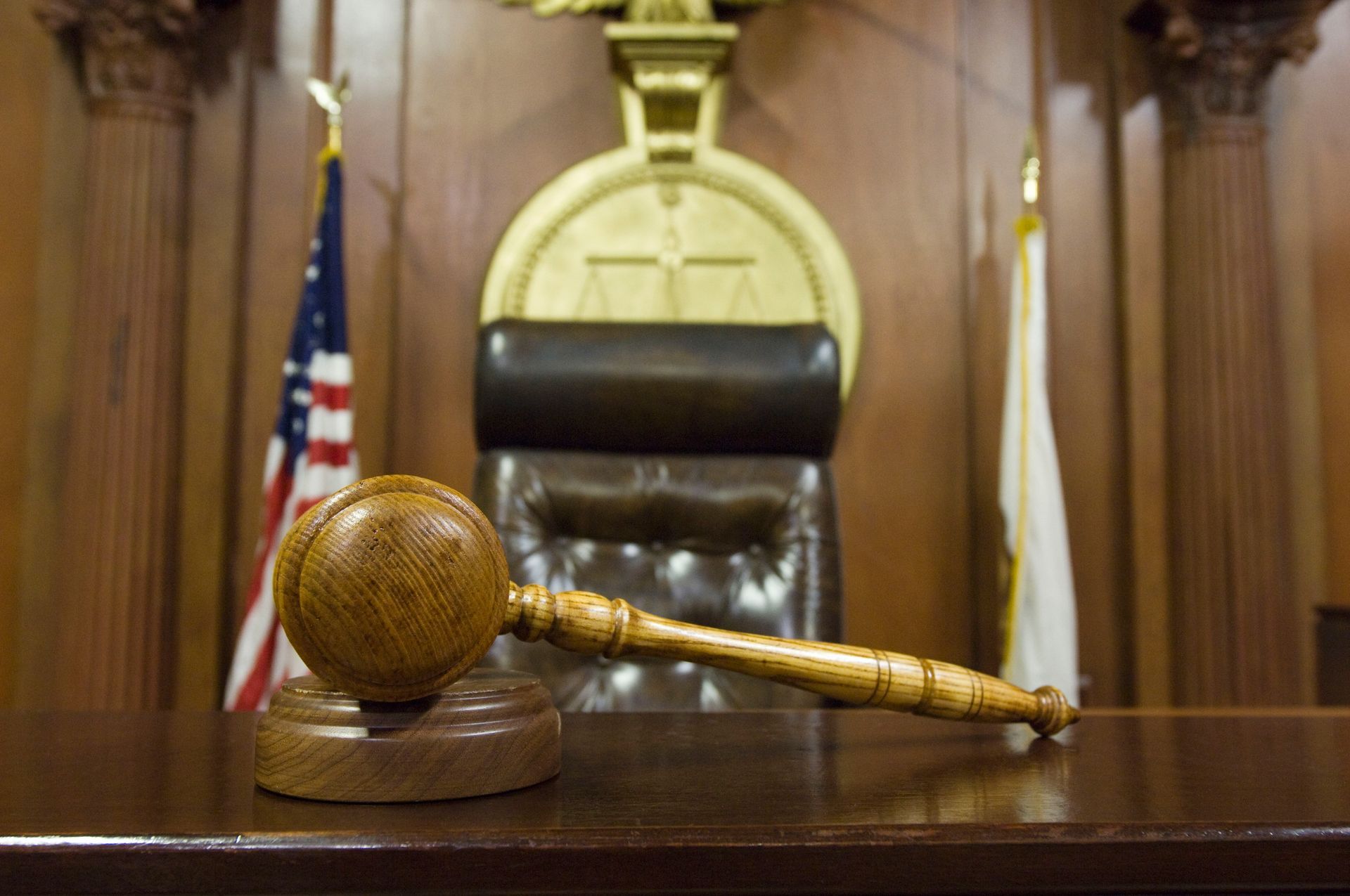
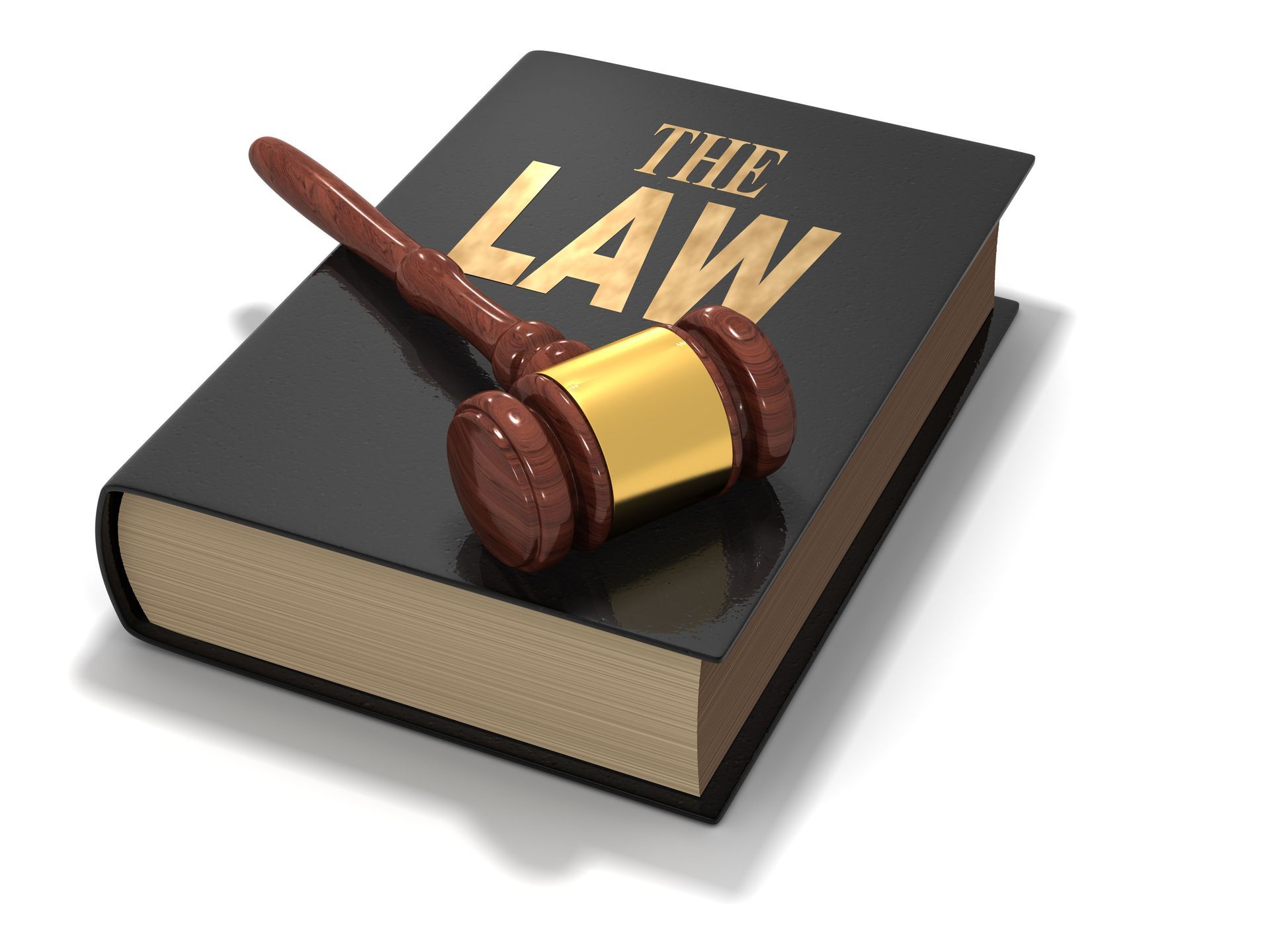


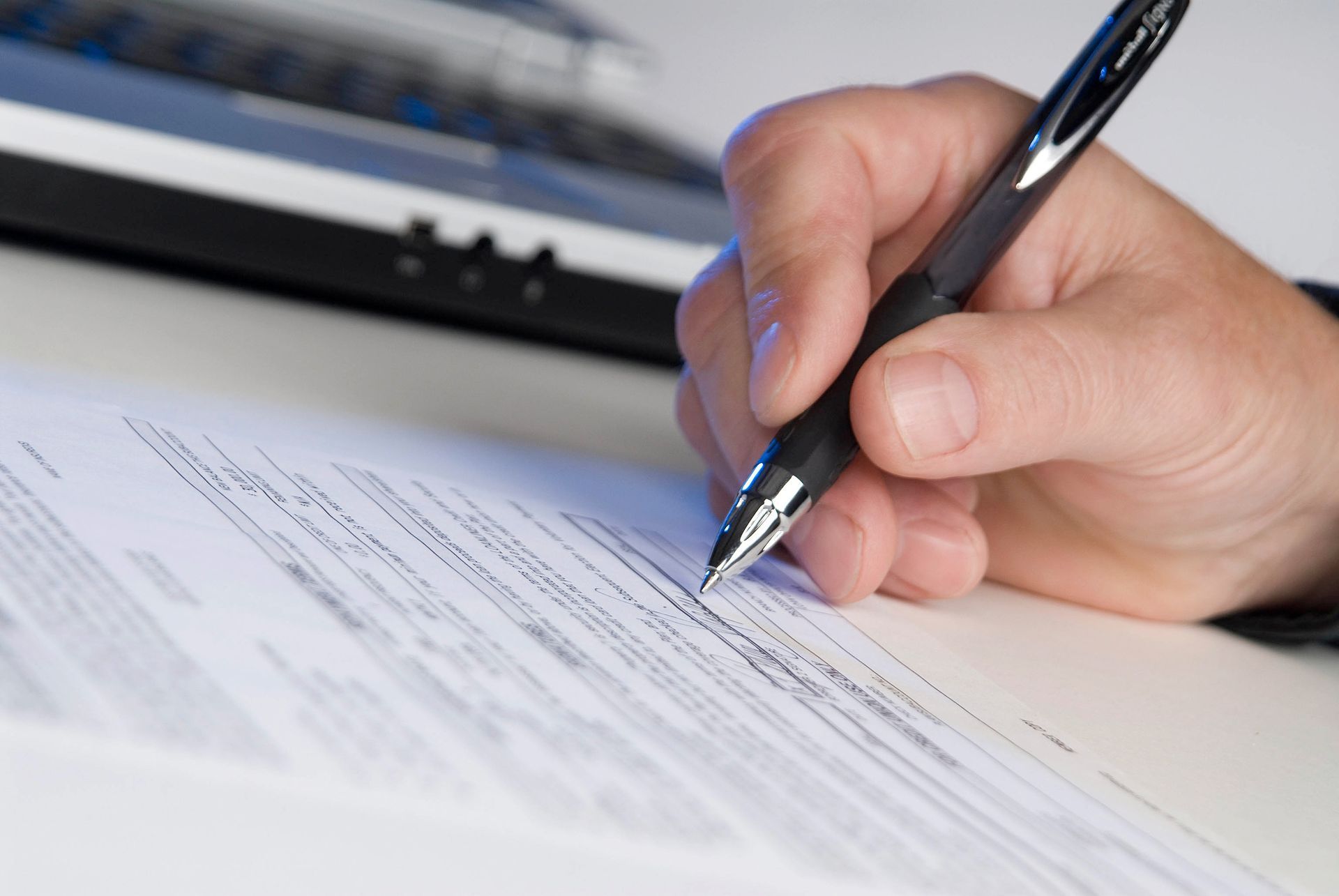
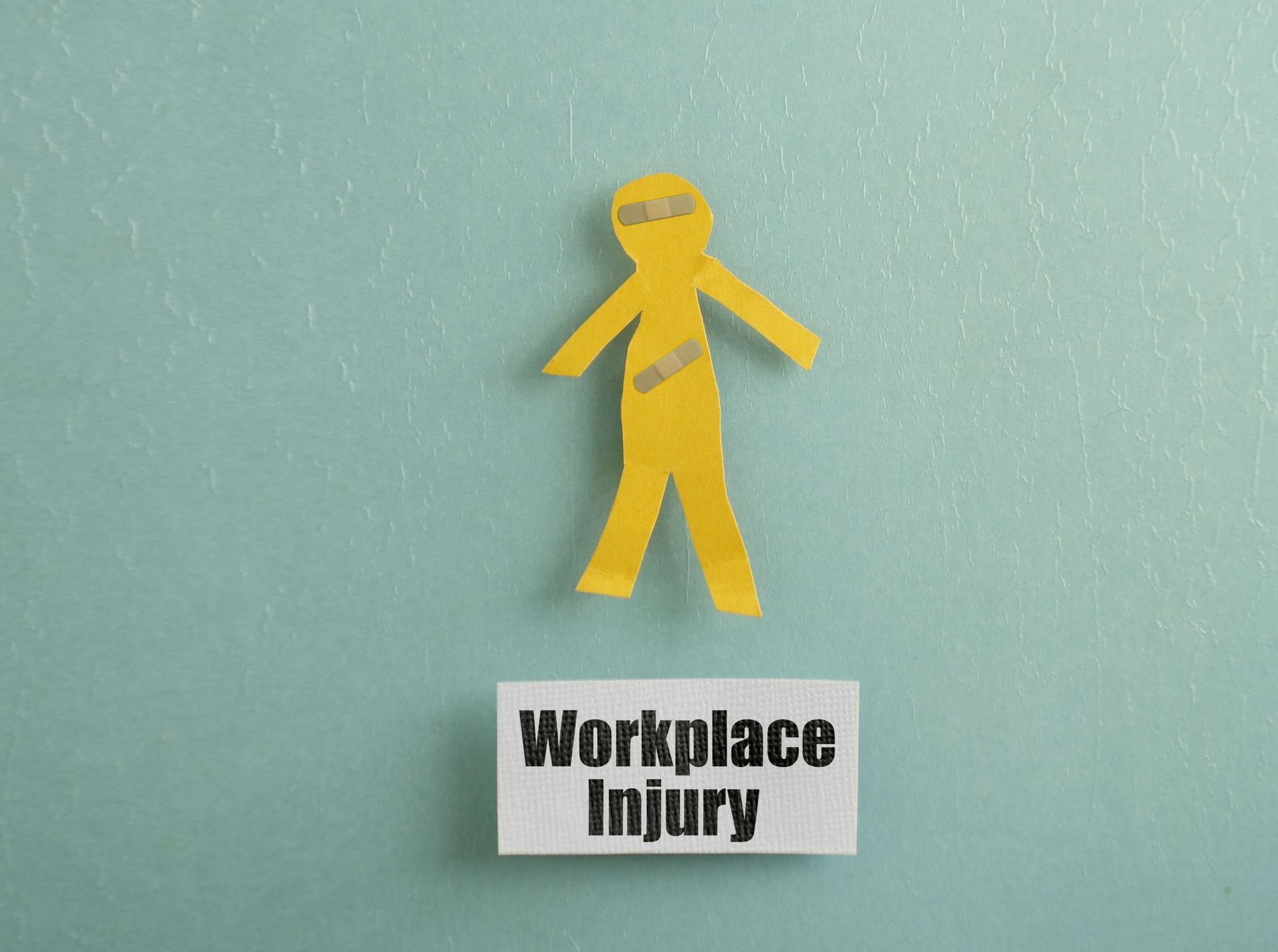

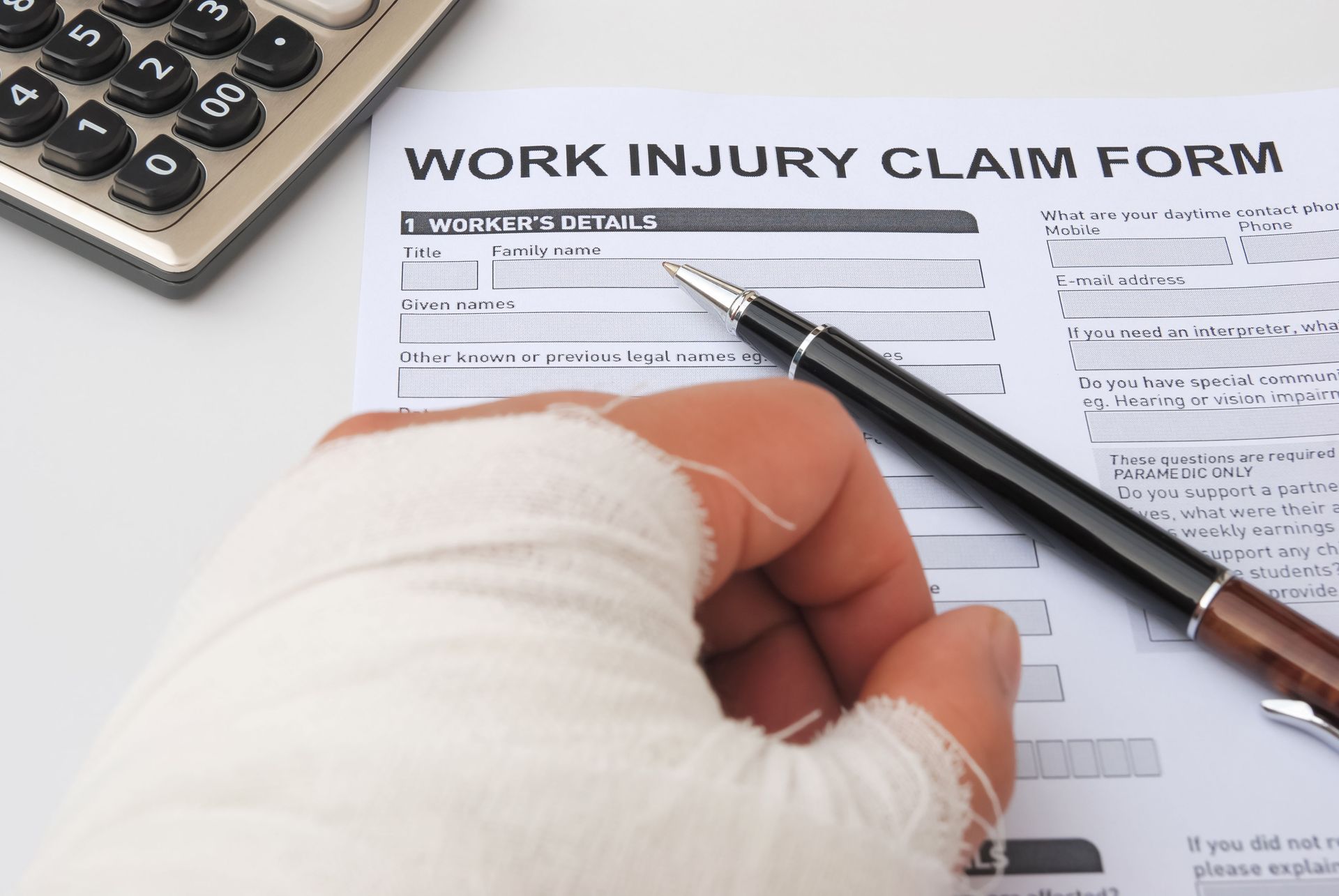

Share On: